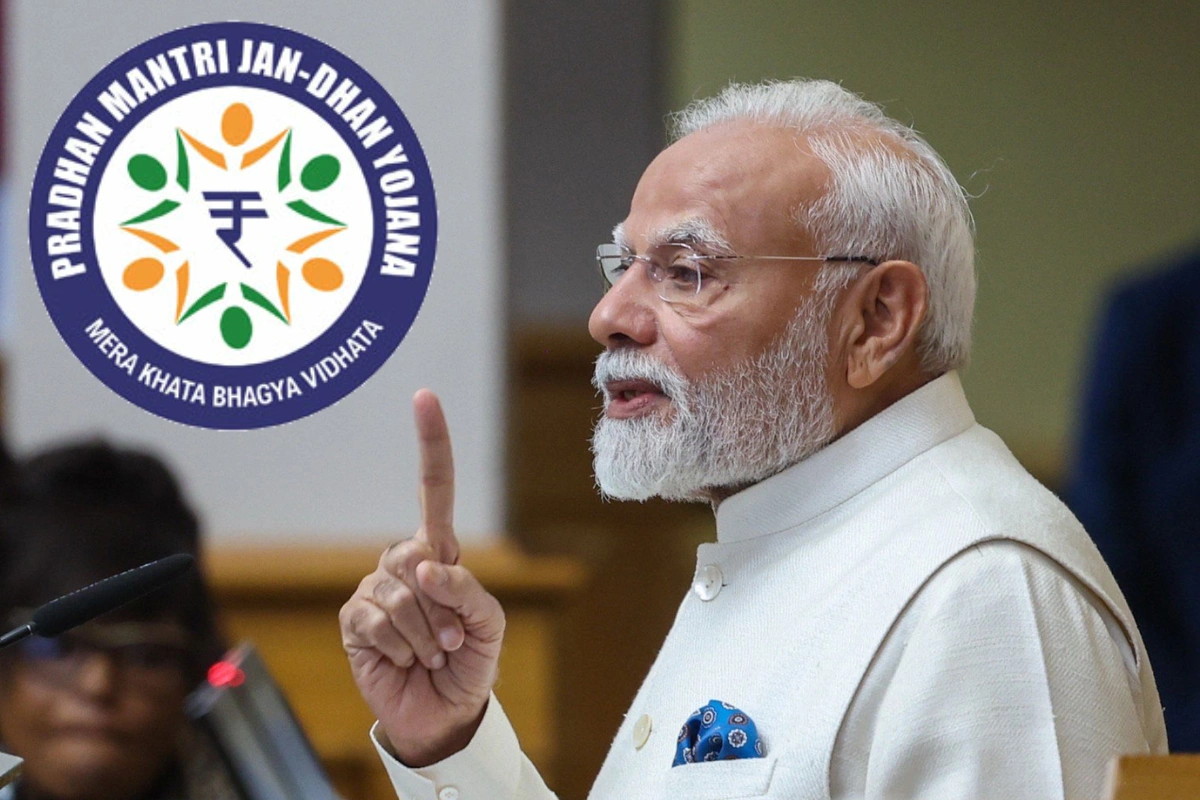Breaking News: India’s Criminal Justice System Overhauled with Three New Laws
Exciting developments are underway in India’s legal landscape as the government announces the implementation of three groundbreaking laws set to replace age-old colonial-era statutes. Effective from July 1st, the Bharatiya Nyaya Sanhita, Bharatiya Nagarik Suraksha Sanhita, and Bharatiya Sakshya Adhiniyam will revolutionize the country’s criminal justice system.
Passed by Parliament on December 21 last year and receiving presidential assent on December 25, these laws mark a significant departure from the outdated Indian Evidence Act of 1872, the Criminal Procedure Code of 1973, and the Indian Penal Code.
Among the highlights is the inclusion of a clear definition of terrorism, a term previously absent from Indian law. Sedition as a crime has been abolished, making way for a new section addressing “offences against the state.”The Bharatiya Nyaya Sanhita specifically identifies acts such as secession, armed rebellion, subversive activities, and separatist endeavors as punishable offences, reflecting a modernized approach to maintaining national unity and integrity.

Notably, the contentious provision regarding hit-and-run cases, which drew protests from truckers, will not be enforced as initially proposed. This decision follows consultations with the All India Motor Transport Congress.
Furthermore, the new laws introduce innovative terminology, replacing outdated colonial references. For instance, ‘Rajdroh‘ is now referred to as ‘Deshdroh‘ (traitor), reflecting a shift towards indigenous terminology and values.
Union Home Minister Amit Shah, in presenting these bills to the Rajya Sabha, emphasized their potential to streamline legal processes, promising swift justice within three years, thereby ending the era of prolonged court hearings.
These reforms signal a new chapter in India’s legal framework, promising a more efficient and equitable criminal justice system for all citizens. Stay tuned for updates as these laws come into effect on July 1st, heralding a transformative era in Indian law and governance.




